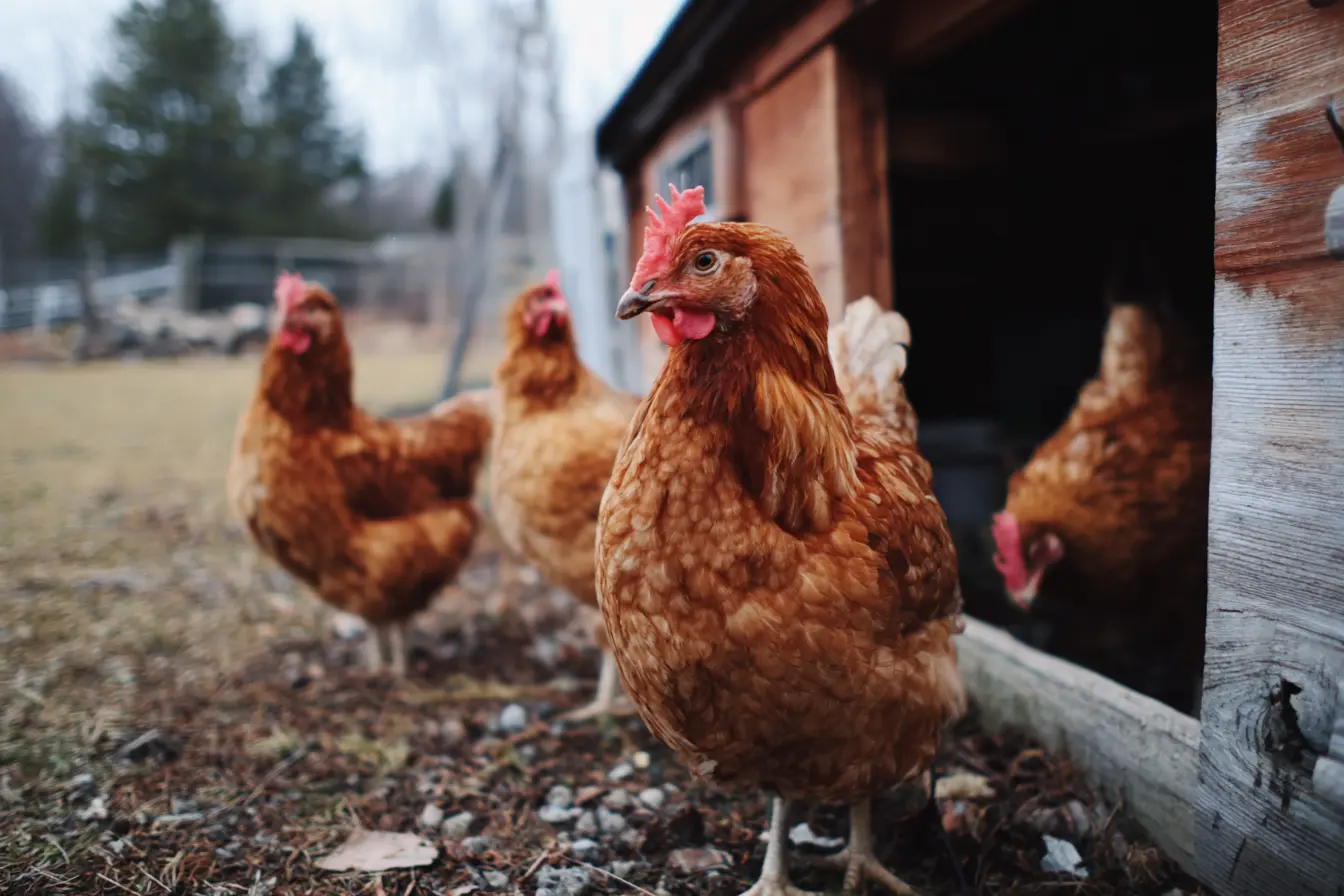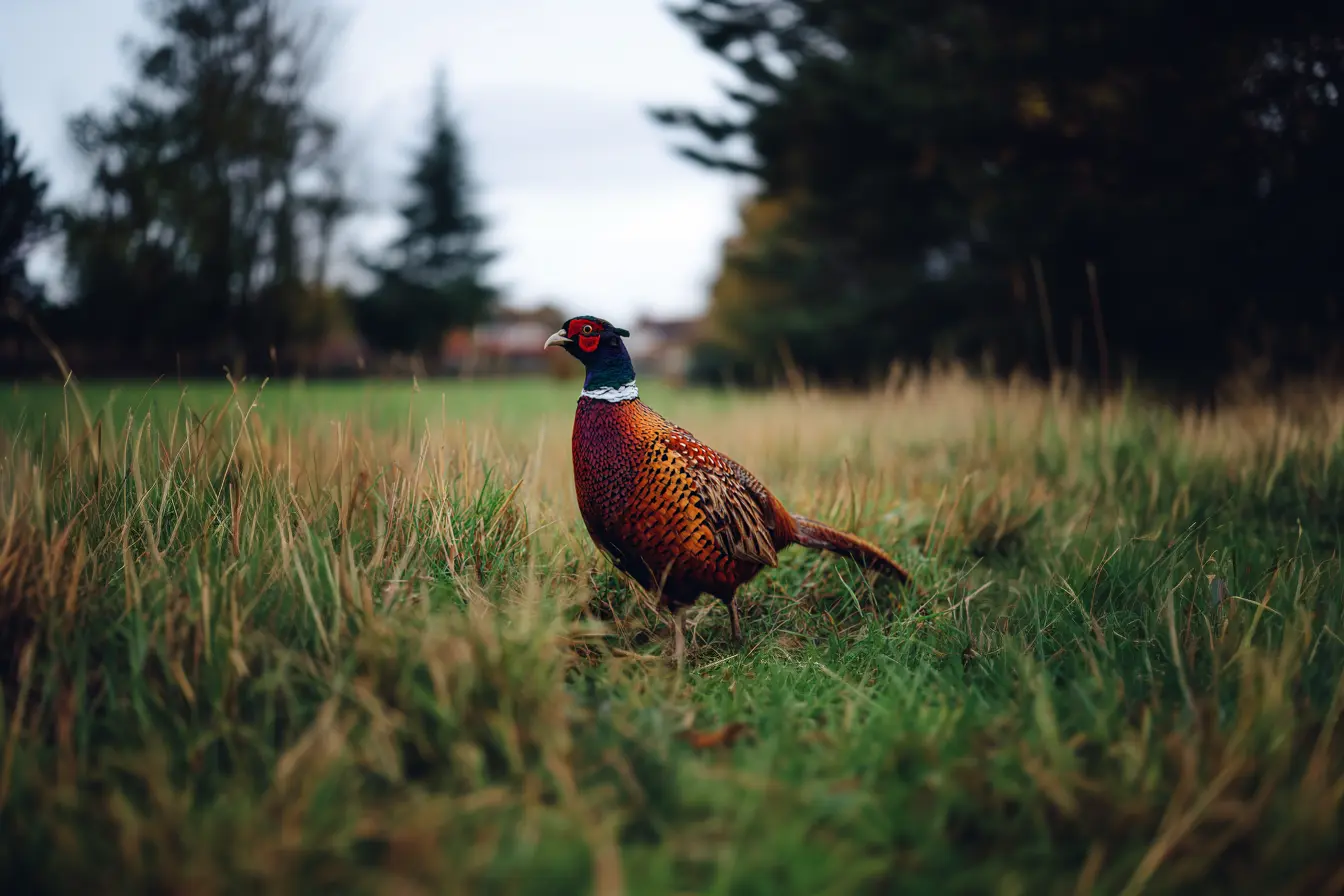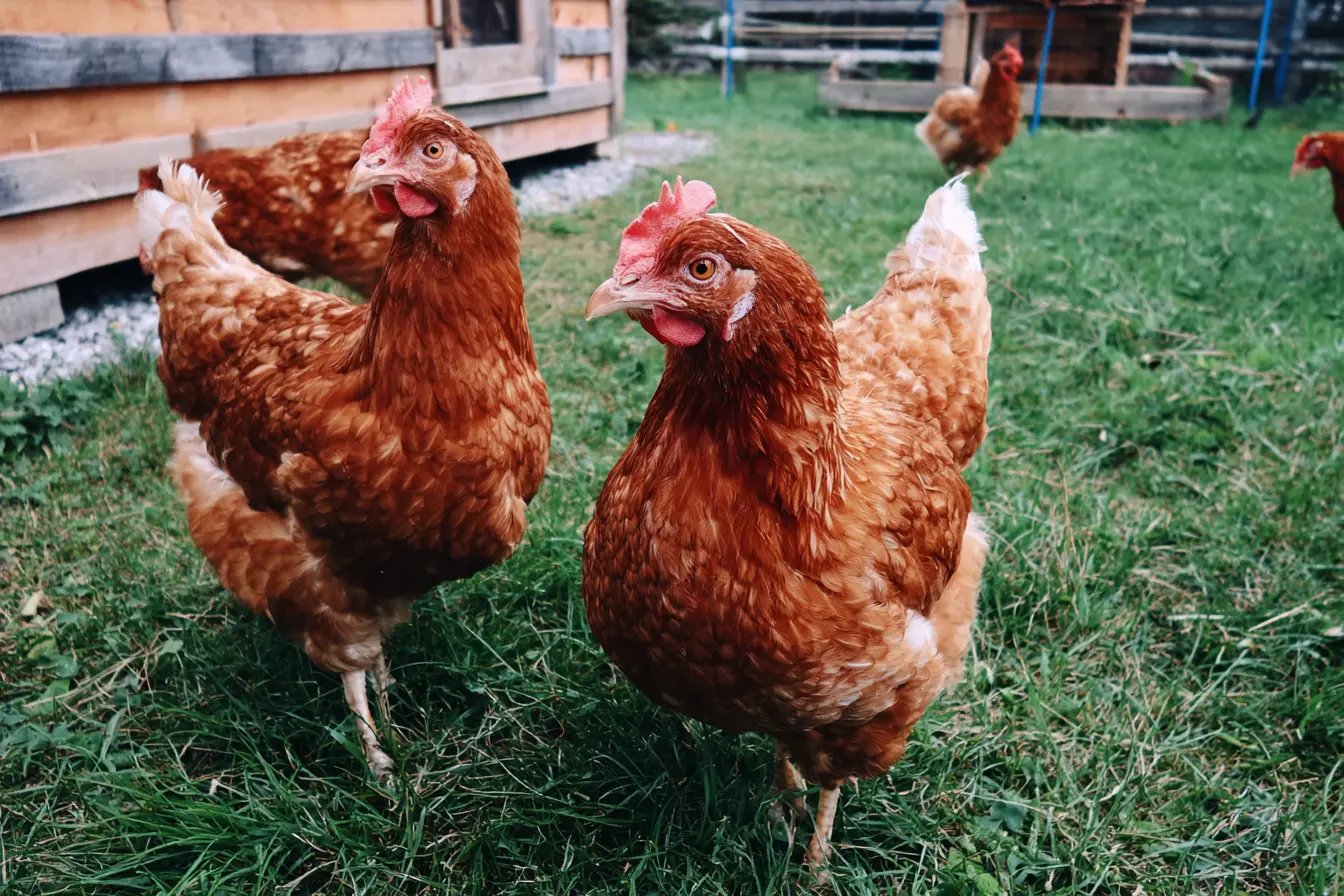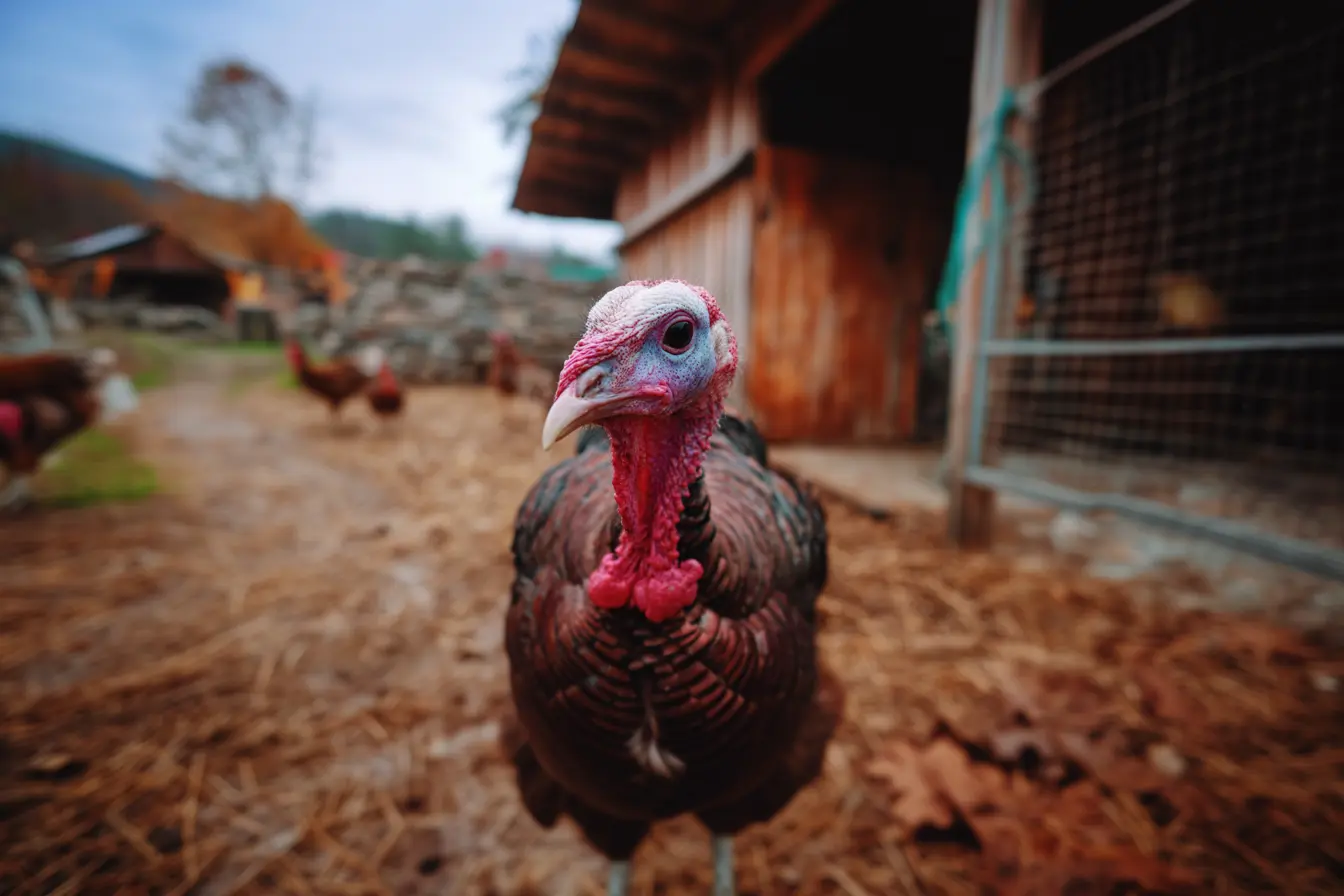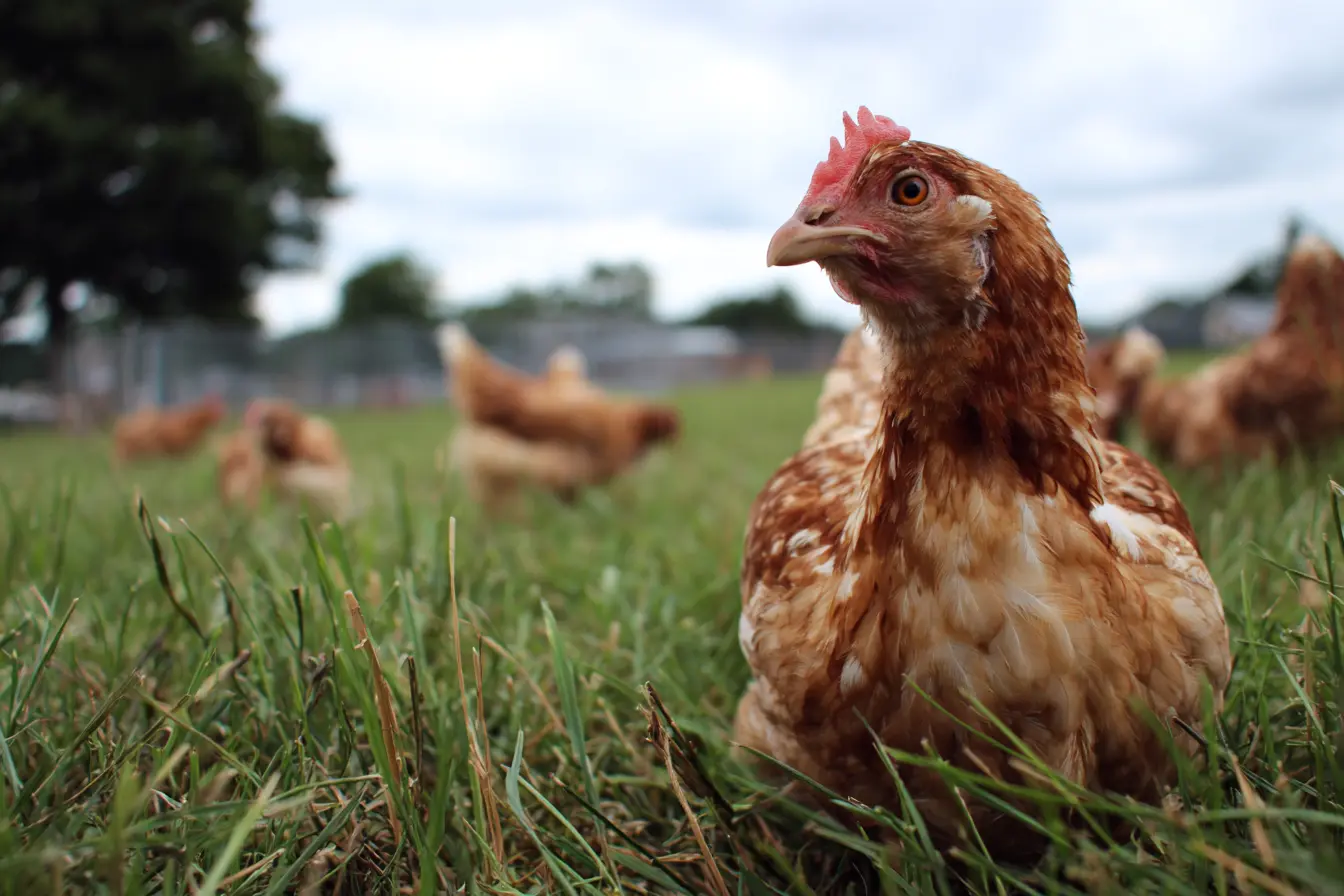
Coccidiosis in Chickens: A Complete Guide
Coccidiosis is a common and potentially devastating intestinal disease that affects chickens of all ages, especially young birds. Caused by protozoan parasites, it is one of the most economically significant diseases in poultry. This guide will walk you through everything you need to know about Coccidiosis: its causes, symptoms, life cycle, diagnosis, prevention, and treatment.
What is Coccidiosis?
Coccidiosis is an intestinal infection caused by single-celled organisms called Eimeria, which are protozoan parasites. These parasites invade and multiply within the cells lining a chicken’s gut, causing tissue damage, inflammation, bleeding, and in severe cases, death.
There are several species of Eimeria that affect chickens, each targeting different sections of the intestine:
- Eimeria tenella – caecum (most pathogenic)
- Eimeria acervulina – upper intestine
- Eimeria maxima – mid-gut
- Eimeria necatrix – mid-gut (highly pathogenic)
- Eimeria brunetti – lower intestine
- Eimeria mitis, Eimeria praecox, and others – less pathogenic
Each species varies in severity and the part of the gastrointestinal tract it affects.
How is Coccidiosis Transmitted?
The disease is transmitted through the faecal-oral route. Infected birds shed oocysts (parasite eggs) in their droppings, which contaminate the environment. These oocysts become infective after a period of sporulation in the right environmental conditions – typically warm, moist environments.
Chickens pick up the infection by pecking at contaminated litter, feed, water, or surfaces. The life cycle then continues in the new host, with the parasites multiplying rapidly within the gut lining.
Key transmission factors include:
- Overcrowding
- Poor litter management
- High humidity and temperature
- Dirty or damp bedding
- Lack of rotation or rest periods in pens or runs
Symptoms of Coccidiosis
Signs of infection depend on the Eimeria species involved and the severity of the infestation. Symptoms usually appear suddenly and may include:
- Bloody or watery diarrhoea
- Lethargy and weakness
- Loss of appetite
- Weight loss or failure to thrive
- Pale comb and wattles
- Droopy posture or hunching
- Ruffled feathers
- Dehydration
- Sudden death in severe cases
In mild or subclinical cases, symptoms may be subtle but still lead to reduced growth and productivity.
The Life Cycle of Eimeria
Understanding the parasite's life cycle is essential for managing and preventing outbreaks:
- Oocyst shedding: Infected chickens pass unsporulated oocysts in their droppings.
- Sporulation: In the environment, oocysts become infective under warm, moist conditions.
- Ingestion: Chickens ingest the sporulated oocysts from contaminated surroundings.
- Excystation: In the gut, the oocysts release sporozoites that invade the intestinal lining.
- Asexual reproduction: Parasites multiply rapidly, destroying cells and causing lesions.
- Sexual reproduction: New oocysts form and are shed again, completing the cycle.
The cycle takes roughly 4 to 7 days, meaning outbreaks can escalate quickly if not controlled.
Diagnosing Coccidiosis
A suspected case of Coccidiosis can be diagnosed by:
- Observing clinical signs such as diarrhoea and lethargy
- Performing a faecal examination to detect oocysts
- Post-mortem examination revealing intestinal lesions
- Lab tests to identify specific Eimeria species
Veterinary guidance is often recommended, especially for confirmation and targeted treatment.
Treatment Options
Prompt treatment is essential to prevent mortality and reduce the spread of infection.
Anticoccidial Medications
- Amprolium: A common treatment added to drinking water; it blocks thiamine uptake in the parasite
- Toltrazuril: Highly effective, often used in more severe cases
- Sulfa drugs: Sulfadimethoxine or sulfamethazine, though less commonly used today
Always follow dosage instructions and consult a vet before administering medication.
Supportive Care
- Provide clean, fresh water and high-quality feed
- Isolate affected birds if practical
- Improve environmental conditions (dry bedding, good ventilation)
- Reduce stress to help recovery
Prevention and Control
Coccidiosis is best managed through proactive prevention rather than relying on treatment after symptoms arise.
Biosecurity and Hygiene
- Keep litter clean and dry
- Use raised feeders and waterers to reduce faecal contamination
- Regularly clean and disinfect housing and equipment
- Rotate pastures or pens when possible
- Avoid overcrowding
Vaccination
Commercially available vaccines expose birds to low levels of oocysts to build immunity. These are often used in large operations and administered to chicks at the hatchery.
Medicated Feed
Starter feeds often contain coccidiostats (preventive drugs like amprolium or lasalocid). These help suppress infection while immunity develops naturally. Ensure birds are not on medicated feed at the same time they receive vaccines, as this can interfere with immunity development.
Natural and Herbal Remedies
Some poultry keepers prefer natural approaches, especially for organic flocks:
- Apple cider vinegar: Believed to support gut health and immunity
- Garlic: Offers antimicrobial properties
- Oregano: Shown to have anti-coccidial activity in some studies
- Probiotics: Help maintain gut flora balance
While these can be part of a broader health strategy, they should not replace effective veterinary treatment during an outbreak.
Economic and Welfare Impact
Coccidiosis can lead to:
- High mortality in severe cases
- Reduced growth rates
- Lower egg production
- Higher feed conversion ratios
- Increased veterinary and medication costs
It remains one of the leading causes of production losses in poultry worldwide.
Key Takeaways
- Coccidiosis is caused by protozoan parasites and affects the chicken’s intestines
- Symptoms include diarrhoea, lethargy, and weight loss
- Transmission occurs via contaminated faeces and environments
- Treatment involves anticoccidial medications and improved care
- Prevention through biosecurity, vaccination, and hygiene is essential
Final Thoughts
Coccidiosis can strike rapidly, but with good management, its impact can be greatly reduced. Whether you're keeping a small backyard flock or managing a large-scale poultry operation, understanding the disease and acting early are the keys to keeping your chickens healthy and thriving.
Vets near you
Speciality vets
- Aquatics vet specialists
- Birds vet specialists
- Camelids vet specialists
- Cats vet specialists
- Cattle vet specialists
- Deer vet specialists
- Dogs vet specialists
- Equines vet specialists
- Exotic vet specialists
- Goats vet specialists
- Pigs vet specialists
- Poultry vet specialists
- Sheep vet specialists
- Small Mammals vet specialists
- Wild vet specialists
Vet facilities
- Accessible by public transport
- Blood testing
- Car park nearby
- Client car park
- Dentistry
- Diagnostic imaging
- Disabled public access
- Flea and worm treatments
- Microchipping
- Mobile services
- Neutering
- Open at weekends
- Out-of-hours service
- Referral interests
- Referrals only
- Street parking outside
- Toilets available
- Vaccinations
